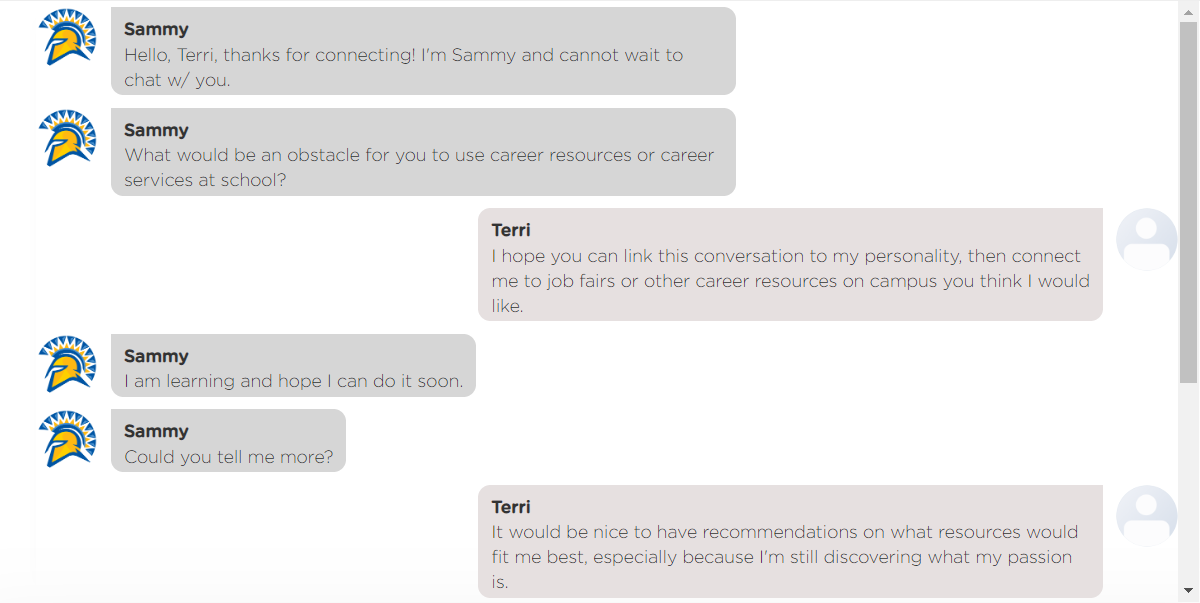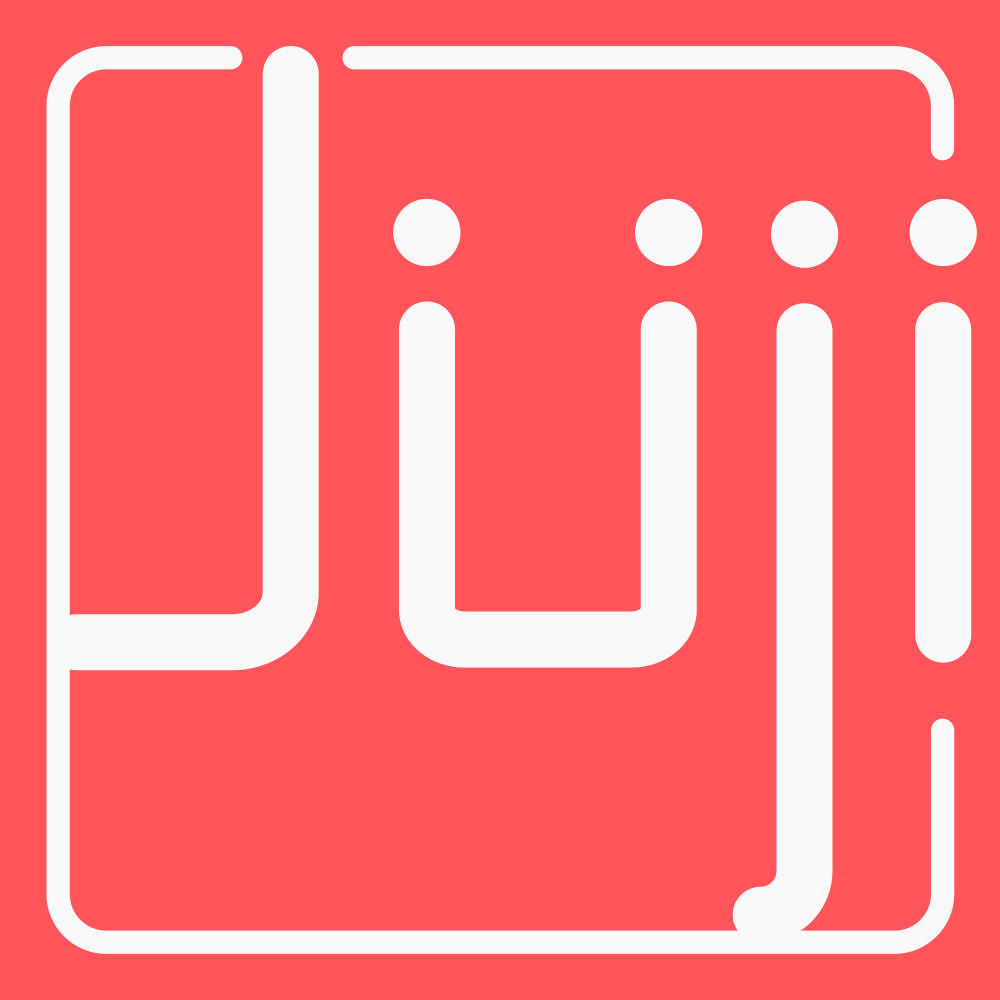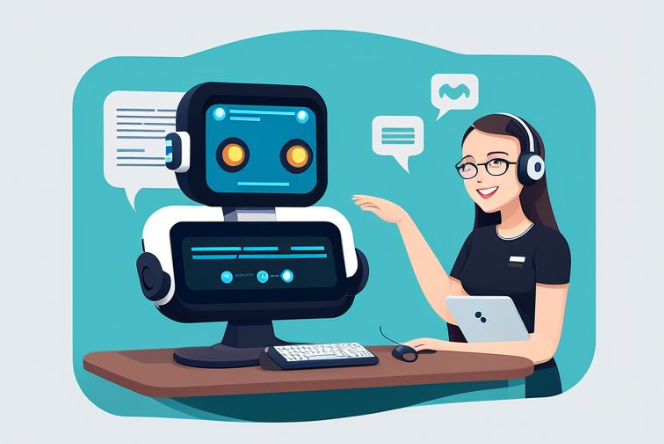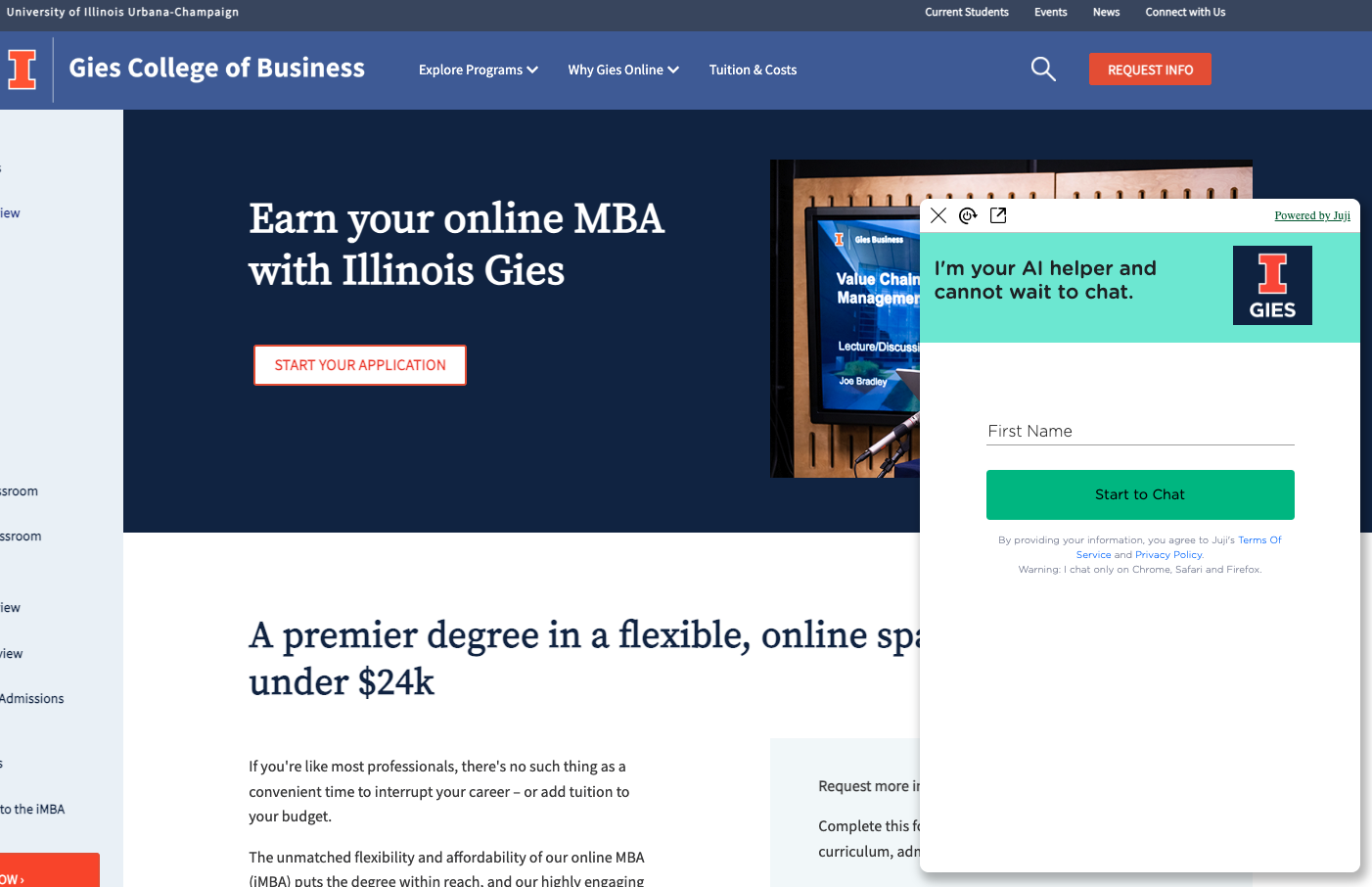Challenges
Students have difficulty receiving career advice due to the low advisor-to-student ratio. I know that's true for me. Sometimes I would forgot to make an appointment with a counselor, dropped-in, and waited an hour to see one. Other times I avoided the office entirely because I knew appointments were full. How could such issues be solved? Maybe it's possible to create a chatbot that could act as a career counselor.
The implications of a career counseling bot could be significant, it could reduce the impacted schedules of counselors by augmenting their work and answering student inquiries 24/7. However, understanding whether chatbots could act as a career counselor is still under studied.
To gain a better understanding of the possibility, I assisted in designing and conducting a research study where a chatbot made on the Juji platform was used to survey students. The bot asked 350 students in the Lucas College of Business at San Jose State University on their thoughts of how it could serve as a counselor.

Findings
The business students were very creative and gave interesting insights on chatbots as career counselors. Students' ideas and requirements for a career counseling chatbot were summed up into 4 major themes:
- Offering information and recommendations
- Providing intervention on career development
- Augmenting counselors' work
- Providing career counseling
First, students would like a career counseling bot that can offer information and recommendations. More specifically, they would like to get answers to questions related to the university, such as financial aid deadlines, school holidays, and career advice. They also have high hopes for the chatbot and would like it to recommend career choices based on their conversation with the chatbot. In other words, such a chatbot should be able to capture students' personality, likes, and dislikes, and match them with a career best-suited for them.
Next, providing intervention on career development was another theme commonly mentioned by students. Interestingly enough, students wanted varying degrees of intervention in their career development. The first intervention method they suggested was reminders for upcoming career events, such as career fairs or career workshops, like resume building workshops or LinkedIn profile workshops. The next intervention method was goal tracking. Students wanted to be able to set personal goals and deadlines for themselves through conversation with the chatbot and receive reminders on their progress towards those goals, such as receiving an internship. The final intervention method was assistance in career development through mock interviews and resume scanning. Notice that the degree of intervention becomes increasingly involved.
Another major theme was augmenting counselors' work. By this, students meant that the chatbot could act as a medium between advisors and students, connecting the two parties together. They suggested that the chatbot should be able to answer questions automatically or redirect users to a human to answer their questions. Another common suggestion was gathering students' concerns before an appointment with a counselor and creating those appointments for them.

The final theme was providing career counseling. In other words, students wanted the chatbot to become the counselor by providing career advice and giving guidance on the necessary courses for graduation.
The four themes derived from the study can be used to guide the implementation of a chatbot as a career counselor for students. For more detailed information on this study, please refer to our full paper published in The Americas Conference on Information Systems 2019 (AMCIS 2019).
A chatbot as a counselor could be helpful for both students and counselors. For students, they could receive advice and/or answers to burning questions, 24x7. For counselors, the repetitive tasks, such as answering frequently asked questions could be done by the chatbot, leaving them more time for more important work, such as giving advice. Overall, I think this use case could be extremely valuable for chatbot designers or developers who focus on education applications.




